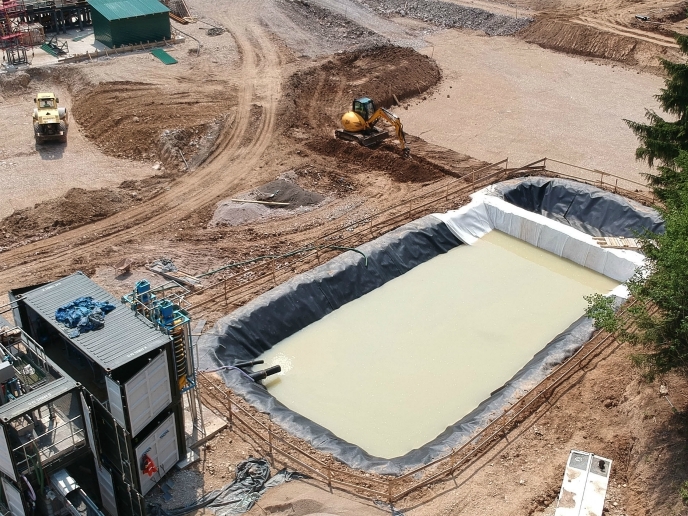Greener electronics and a competitive edge for SMEs
The tremendous and unabated growth of the electronics industry has led to questions about the environmental and health safety of the entire production, use and disposal chain of electronic devices. Recent EU legislation includes directives on the Restriction of Hazardous Substances (RoHS), on disposal of Waste Electrical and Electronic Equipment (WEEE) and on eco-design for End-Use Efficiency (EUE), among others. While large electronics giants have the resources to develop new methods and procedures in a cost-effective manner, SMEs are at a definite disadvantage. The ‘Removal of hazardous substances in electronics: processes and techniques for SMEs’ (Greenrose) project was initiated to fill the gap in knowledge, materials and processes of SMEs regarding compliance with the RoHS Directive. In fact, mastering green technology will be critical to the development and competitiveness of SMEs. In particular, the researchers focused on development and testing of lead-free solders and halogen-free soldering processes with guaranteed product quality and reliability. By producing and testing a broad range of solders and printed circuit boards, the project partners provided SMEs with a number of different solutions when considering future production plans. In addition, the team prepared three extensive reports, disseminated through the industry association groups (IAGs), on hazardous materials in electronics and suitable substitutes. The training materials and workshops held in partner countries by IAGs together with research and SME partners provided SMEs with valuable information that would otherwise have been too costly and difficult to assimilate on their own. Greenrose has successfully produced reports on hazardous materials and their possible substitutes as well as hazardous substance-free technology for SMEs involved in the manufacture of electrical and electronic products. Implementation of the results by European SMEs should enhance their competitiveness in the ever-growing electronics sector with important benefits for the European economy, consumers and the environment.





